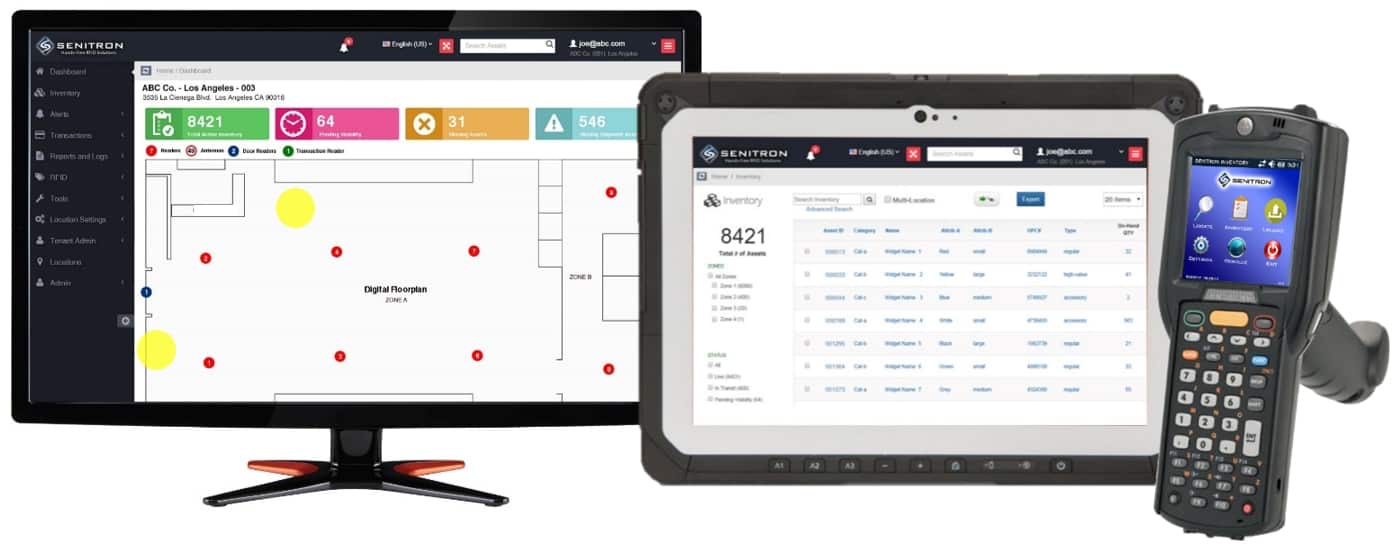Blog on RFID Technology and IoT Solutions
Blog Home
RFID for Personal Tracking: Your Ultimate Guide to Safety and Security
29 May 2024The world of personal tracking with RFID technology is a double-edged sword. While it offers a compelling solution for safety and security, privacy concerns loom large. This blog delves into the world of RFID for personal tracking, exploring its applications, potential benefits, and the crucial ethical considerations.
What is RFID Personal Tracking?
RFID (Radio Frequency Identification) uses radio waves to identify and track objects embedded with microchips. In personal tracking, miniature RFID tags are incorporated into wearable devices like wristbands, badges, or even implanted under the skin. These tags hold unique identifiers that can be read by RFID readers placed strategically in various locations.
Applications of RFID Personal Tracking:
- Enhanced security in events: RFID wristbands can grant access control at concerts, festivals, or amusement parks, streamlining entry and preventing unauthorized access.
- Improved workplace safety: In hazardous environments, RFID-enabled badges can track worker location, enabling faster response times in emergencies.
- Monitoring for vulnerable individuals: RFID tags can be used to track children or adults with dementia, providing peace of mind for caregivers and potentially aiding in locating them if they wander off.
- Cashless payments: RFID-enabled wearables can eliminate the need for physical wallets or cards, facilitating convenient contactless payments.
Potential Benefits of RFID Personal Tracking:
- Increased safety and security: Real-time tracking can provide immediate assistance in emergencies or restricted areas.
- Improved efficiency and convenience: Streamlined access control and cashless payments can enhance user experience.
- Enhanced monitoring for vulnerable individuals: Provides peace of mind for caregivers and potentially aids in locating those who might get lost.
- Data-driven insights: Tracking data can be anonymized and used to analyze crowd movement patterns for better safety management in events or public spaces.
Ethical Considerations and Privacy Concerns:
- Loss of anonymity: Ubiquitous RFID tracking raises concerns about the erosion of privacy and the potential for constant surveillance.
- Data security breaches: The risk of unauthorized access to personal data stored on RFID tags necessitates robust security measures.
- Potential for misuse: The data collected through RFID tracking could be misused for profiling or targeted advertising without proper regulations and user consent.
The Way Forward: A Balanced Approach
RFID technology offers undeniable advantages for personal tracking in specific scenarios. However, it’s crucial to strike a balance between safety and privacy. Here are some key considerations:
- Transparency and User Consent: Individuals should be clearly informed about how their data is collected, used, and stored when using RFID-enabled tracking systems. Consent should be freely obtained and easily revoked.
- Data Security Measures: Robust encryption and secure data storage practices are essential to protect personal information.
- Limited Scope and Purpose: The use of RFID for personal tracking should be limited to specific applications with clear user benefits and well-defined regulations.
- Focus on Anonymization: Data collected through RFID tracking should be anonymized whenever possible to minimize privacy risks.
Conclusion:
RFID personal tracking represents a powerful tool with the potential to enhance safety and convenience. However, responsible implementation requires prioritizing user privacy, robust data security practices, and clear ethical guidelines. By striking a balance between safety and privacy, we can move towards a future where RFID technology empowers individuals without compromising their fundamental right to privacy.
- Intellistride.com
- Blog
- RFID for Personal Tracking: Your Ultimate Guide to Safety and…